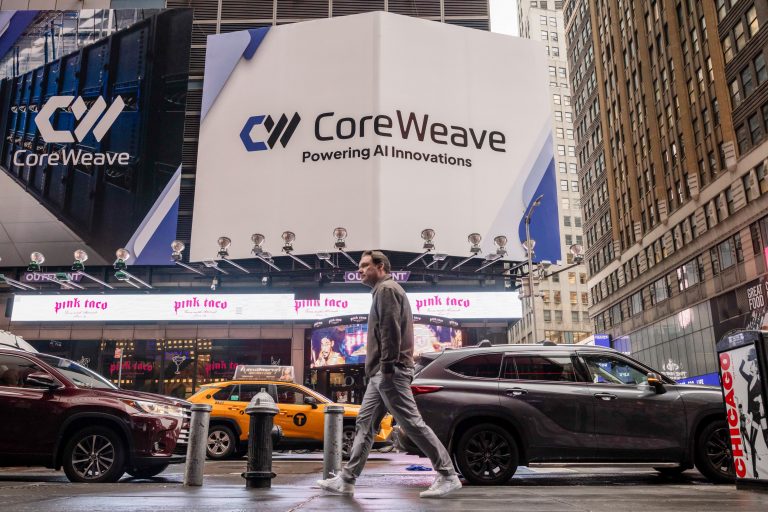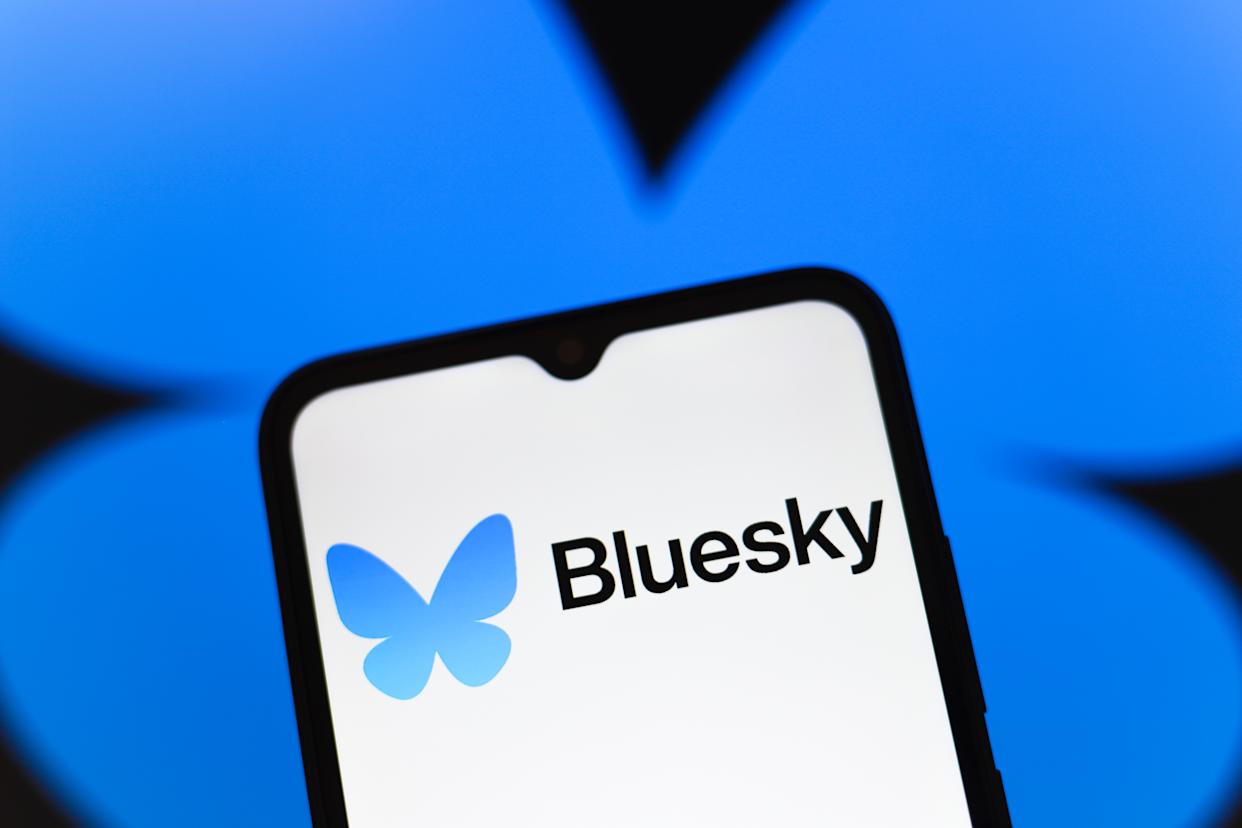Perplexity CEO Says Its Browser Will Track User Online
The Chief Executive Officer (CEO) of Perplexity, Aravind Srinivas has stated on the TBPN podcast that Perplexity is developing its own browser in order to gather data on all user activities that occur outside of its own application.
This, according to him, is to enable the sale of premium advertisements.
Srinivas stated, “That is also one of the reasons we wanted to develop a browser; we want to collect data outside of the app to gain a more comprehensive understanding of you.”
“Because certain prompts that individuals complete in these AIs are exclusively work-related.”
The AI company will be unable to construct an accurate dossier by addressing work-related inquiries.
Conversely, “What you are purchasing; which hotels you are visiting; which restaurants you are frequenting; and what you are browsing all provide us with a wealth of information about you,” he elaborated.
Srinivas thinks that the monitoring of Perplexity’s browser users will be acceptable, as the advertisements will be more pertinent to them.
“We intend to utilize all available context to construct a more comprehensive user profile. Additionally, we may display advertisements in our discover feed,” he stated.
Srinivas stated that the browser, Comet, has encountered obstacles; however, it is anticipated to be released in May.
Naturally, he is correct. Google’s current market capitalization of approximately $2 trillion is the result of its discreet monitoring of users across the internet.
This is the reason it developed a mobile operating system and a browser. In fact, Perplexity is also making an effort in the mobile sector.
It has entered into a partnership with Motorola, which was announced on Thursday.
The partnership will result in the Razr series being pre-installed with the Perplexity app, which can be accessed through the Moto AI by typing “Ask Perplexity.”
Bloomberg also reported that Samsung is in discussions with Perplexity. Srinivas did not explicitly affirm this, although he did mention the Bloomberg article, which was published earlier this month, in the podcast.
The article discussed both partnerships. It is evident that Google is not the sole entity monitoring users’ online activity in order to sell advertisements.
Meta’s ad monitoring technology, Pixels, is embedded on websites throughout the internet and is the method by which Meta collects data, even from individuals who do not have Facebook or Instagram accounts.
Apple, which has positioned itself as a privacy protector, is unable to prevent the default monitoring of users’ locations in order to sell advertising in certain applications.
Conversely, this type of behavior has resulted in a widespread distrust of large technology companies among individuals in both the United States and Europe, regardless of their political affiliation.
It is impossible to exaggerate the irony of Srinivas’s candid disclosure of his browser-tracking ad-selling aspirations this week.
Google is presently in litigation with the U.S. Department of Justice, which has accused the company of engaging in monopolistic practices to secure a monopoly on online advertising and search results.
The Department of Justice (DOJ) is requesting that the magistrate order Google to divest Chrome.
If Google were compelled to sell, both OpenAI and Perplexity expressed their willingness to acquire the Chrome browser business. This is not surprising, given Srinivas’ motivations.
news via inbox
Get the latest updates delivered straight to your inbox. Subscribe now!




